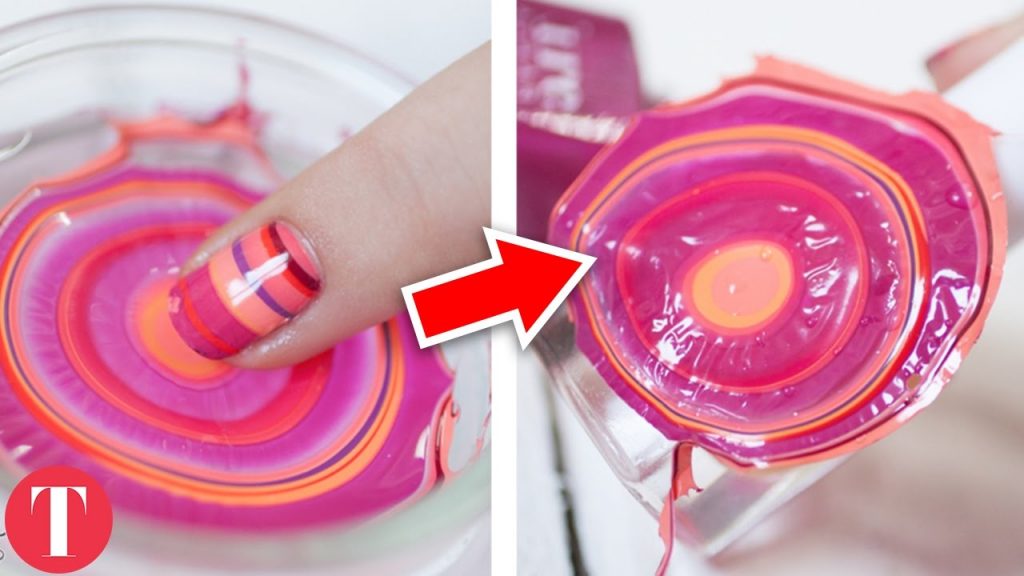The TRUTH Behind 10 Popular Makeup Myths

10 popular make up myths finally busted- real or not real?
There’s so much nonsense floating around the cosmetics industry that it’s about time we revealed the truth behind 10 makeup myths. We all fall into certain habits with makeup that seem okay but are actually just plain wrong. Do you pump your wand in your mascara? Or try to match your foundation to your wrist? Find out the truth behind these makeup mistakes and lots more besides, including the reality versus the myth when it comes to makeup causing breakouts, hypoallergenic products being better for your skin and the correct order to apply concealer and foundation.
Is expensive makeup always better?
Makeup has been an integral part of human culture since ancient times. For generations, individuals have used cosmetics to enhance their facial features and express individuality. Despite its ubiquity, many makeup myths still circulate among consumers. Some are widely believed, while others are more niche. This article aims to examine the truth behind ten popular makeup myths.
MYTH #1: Makeup causes acne.
Acne is a complicated condition that can have many causes, but makeup isn’t one of them. High-quality cosmetics won’t clog pores or trigger breakouts, as long as you remove them regularly. Some makeup products may aggravate acne-prone skin, but this is typically due to formulas containing certain ingredients like fragrances, oils, or silicones. Acne isn’t an inevitable outcome of wearing makeup.
MYTH #2: You need to replace your mascara every three months.
Although mascara is one of the most frequently used makeup products, it doesn’t necessarily need to be replaced every three months. If you keep the packaging clean and handle it carefully, it’s possible to use mascara for several months or until it dries out. However, if you develop an eye infection, it’s essential to replace all of your eye makeup, including mascara, to prevent re-infection.
MYTH #3: Wearing makeup every day will age your skin.
There is no scientific evidence that suggests that wearing makeup every day causes skin aging. The primary cause of wrinkles and fine lines is sun exposure, not cosmetics. In fact, many cosmetics products now contain beneficial skin antioxidants and sunscreens that can help keep skin looking younger for longer. However, there is some research that suggests that wearing too much heavy makeup can dry out your skin or cause irritation, so it’s important to cleanse your skin thoroughly at night and opt for lighter formulas.
MYTH #4: Expensive makeup is always better.
While expensive makeup products may be made with higher-quality ingredients or come with luxurious packaging, it isn’t necessarily better for your skin or perform any better than cheaper alternatives. Many “drugstore” makeup products deliver comparable results at a fraction of the price than their high-end equivalents. However, some people may be willing to pay a premium for high-quality ingredients, better shades or packaging, and unique formulations.
MYTH #5: Your foundation shade should match your wrist.
Contrary to popular belief, your foundation shade shouldn’t match your wrist. The aim of foundation is to even out your skin tone, not match an area that isn’t exposed to the sun. The best way to determine your foundation shade is to swatch several colors on your jawline and let them sit for a few hours to assess the color immediately against your skin tone.
MYTH #6: Makeup expires after one year.
Makeup products don’t necessarily have an expiration date, although many companies put a suggested “use by” date on the product packaging. Whether a product is safe to use or not depends on the ingredients and their intended use. Mascara is typically considered expired after around three months due to the risk of bacterial growth, while lipsticks and powder products tend to last years.
MYTH #7: You should sanitize your makeup with alcohol.
While it is essential to keep your makeup tools clean and sanitized, using alcohol can do more harm than good. Alcohol can cause makeup products to dry out or change their texture, making them difficult to use. Instead, you can apply a specialized makeup sanitizer or use a mild, antibacterial soap to wipe down your tools and makeup products to ensure that they’re sanitized without compromising the product.
MYTH #8: Natural makeup is better for you.
Although natural or organic makeup products are perceived as a healthier choice, not all natural ingredients are beneficial for the skin. Essential oils or plant extracts may cause allergic reactions, and natural pigments are often less stable and can fade quickly. Ultimately, the effectiveness of a product depends on the combination of ingredients.
MYTH #9: You should always use a primer.
Primers can help smooth, brighten, and extend the wear of your makeup. However, they aren’t a necessary component of every makeup routine or for everyone. If you have dry skin, for example, using a moisturizer before applying makeup may be more beneficial than a silicone-based primer. Similarly, if you prefer a natural-looking finish to your skin, you may not need a primer.
MYTH #10: Makeup is only for women.
Makeup has long been associated with femininity, but that doesn’t mean that it’s only for women. More men now wear makeup for a variety of reasons, from covering up acne to enhancing their features. Makeup is a form of self-expression that’s open to everyone, regardless of gender.
In conclusion, there are several makeup myths that circulate among consumers. While some myths may contain grains of truth, many have been debunked by scientific research. Ultimately, the effectiveness of a product depends on a variety of factors, including ingredients, skin type, and personal preference. It’s essential to read product labels carefully and do your research to make informed decisions about your makeup choices.
Warning: Trying to access array offset on value of type null in /srv/users/infosearched-network/apps/infosearched-network/public/wp-content/themes/rehub-theme/functions/review_functions.php on line 499
Warning: Trying to access array offset on value of type null in /srv/users/infosearched-network/apps/infosearched-network/public/wp-content/themes/rehub-theme/functions/review_functions.php on line 503









Gordon Is Amazed By Vegetarian Challenge | Hell’s Kitchen
Shady Things Everyone Ignores About Brett Favre
Celebs Who Surprised Us With Their Red Carpet Looks
Celebs You Didn’t Know Were Biracial
How These Pop Stars Looked Before And After Plastic Surgery